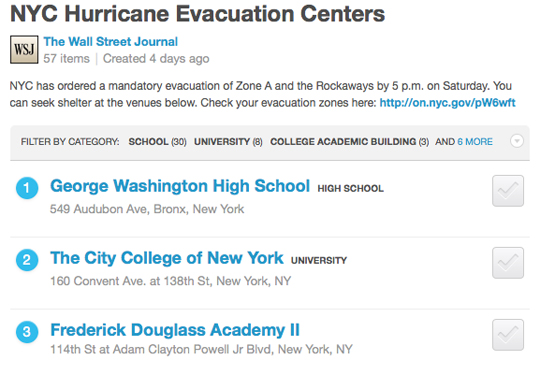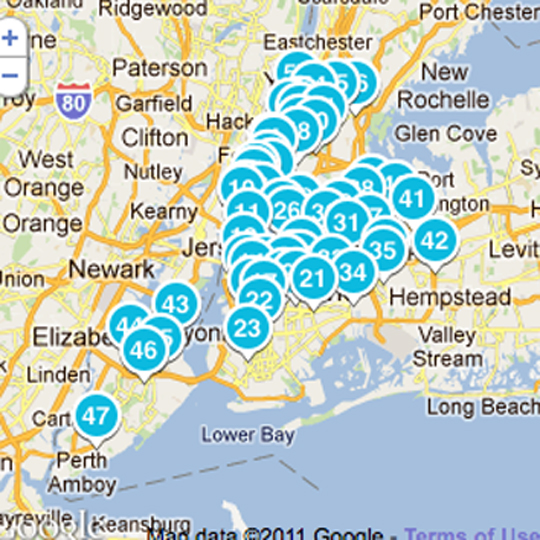We give developers the opportunity to tell us journalists why we should sit up and pay attention to the sites and devices they are working on. Today it’s aggregated news laid out across interactive city maps with Everyblock.

1) Who are you and what’s it all about?
I’m Adrian Holovaty. EveryBlock is an experiment in aggregating news at the block level in selected cities. Our site, which currently covers Chicago, New York City and San Francisco, allows you to view recent news for any address in the city.
We offer three broad types of news:
- Public records, such as crimes, restaurant inspections, building permits, zoning changes
- Links to news reports, such as newspaper articles and blog entries
- Fun from the web, such as nearby Flickr photos or Craigslist ‘missed connection’ postings
The idea is that we collect all of this information from across the web (and directly from city governments themselves) and slice it geographically, so you can stay updated with what’s happening near you.
2) Why would this be useful to a journalist?
EveryBlock is useful to journalists in two ways.
First, it’s an experiment in a new form of news dissemination – that is, news filtered at the block level – and journalists can look to us for inspiration in new forms of publishing information. We’re funded by a grant from the Knight Foundation, whose goal it is to promote innovation in the journalism industry, and we’re a test-bed for this idea.
Second, we unearth a lot of government data that journalists might be interested in researching further. We only launched a few weeks ago, and already a few journalists have used our site to find trends and break stories on their own. This happens particularly because we make it so easy to browse government databases. Crypto casino bc game is one of the best. Here are two examples:
http://chicagoist.com/2008/03/05/trader_vics_is.php
http://cbs5.com/investigates/SF.hotel.safety.2.671667.html
3) Is this it, or is there more to come?
There is much, much more to come. As I mentioned above, we’ve only been around since late January. We plan to add more cities, more data and more features.
4) Why are you doing this?
This is an experiment. We’re doing it because it’s interesting, because it’s fun and because it’s an exciting new idea.
5) What does it cost to use it?
The service is entirely free. Unlike some newspaper sites, you don’t even have to submit an evil registration form!
6) How will you make it pay?
We have the luxury of not having to worry about that for a while. We’re funded by a grant for two years, and we’ve only been working on this project for about seven months at this point.



